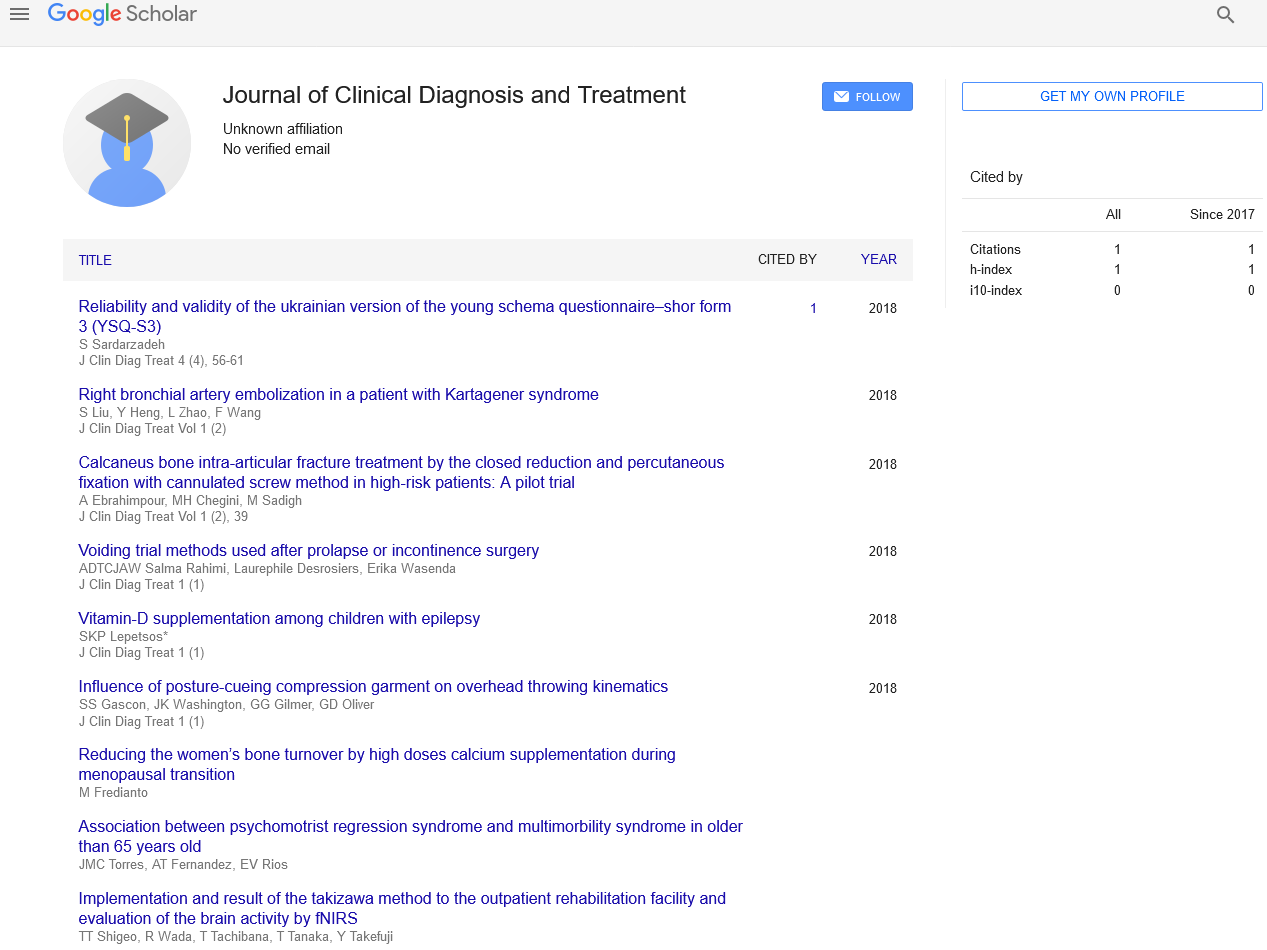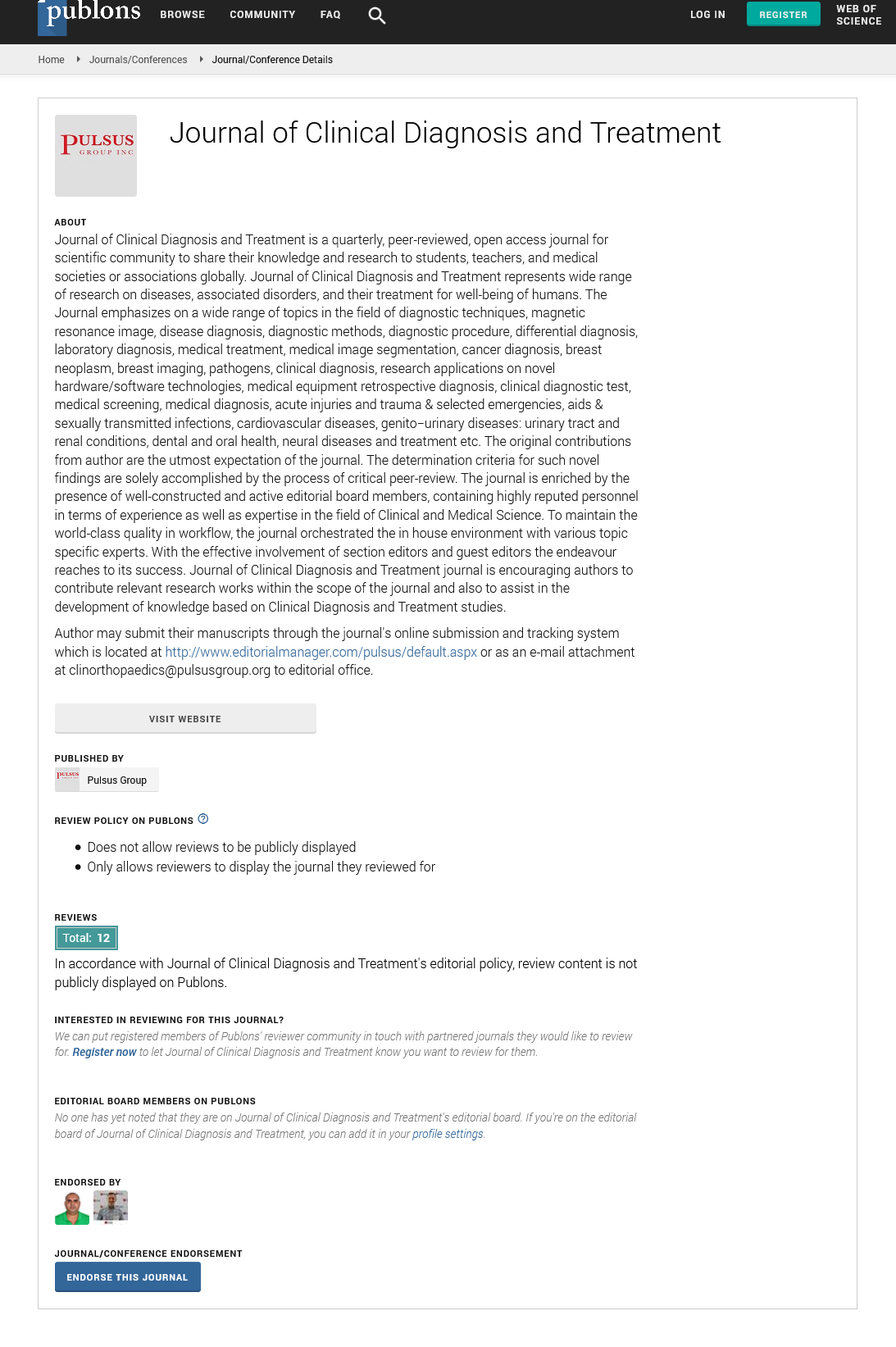Clinical Psychology 2021: Affective tactile grounding on psychedelic-induced states and treatment outcomes in ketamine assisted psychotherapy for adults with major depression: Preliminary evidence to support clinical utility
Received: 02-Jan-2022, Manuscript No. PULJCDT-22-3944; Editor assigned: 15-Jan-2022, Pre QC No. PULJCDT-22-3944(PQ); Reviewed: 31-Jan-2022 QC No. PULJCDT-22-3944; Revised: 02-Feb-2022, Manuscript No. PULJCDT-22-3944(R); Published: 12-Feb-2022, DOI: 10.37532/puljcdt.22.4(1).05
This open-access article is distributed under the terms of the Creative Commons Attribution Non-Commercial License (CC BY-NC) (http://creativecommons.org/licenses/by-nc/4.0/), which permits reuse, distribution and reproduction of the article, provided that the original work is properly cited and the reuse is restricted to noncommercial purposes. For commercial reuse, contact reprints@pulsus.com
Abstract
Subanesthetic ketamine — a noncompetitive N-methyl-D-aspartate (NMDA) glutamatergic receptor antagonist — has come into psychiatric use as a groundbreaking intervention for major depressive disorder (MDD). Recently, studies have found ketamine assisted psychotherapy (KAP) to be significantly more effective in reducing depression than ketamine alone, given the chronic, refractory nature of MDD. To date, neither treatment paradigm has explored the utility of grounding during a largely dissociative experience. Such ego-dissolving, out-of-body, and mind-wandering properties of ketamine can evoke both negative affect and disintegration in and of itself, attenuating therapeutic benefit for treatment-seekers. Here, we plan on testing whether a low-force, sensory-based technique for psychophysiological regulation, Affective Tactile Grounding (ATG), can promote emotional stability and nondual awareness during serial KAP to increase treatment efficacy for major depression. Twenty-four patients with MDD will be randomly assigned to receive six sessions of KAP plus ATG or KAP alone (sessions will include preparatory psychotherapy (30 minutes) and intravenous KAP (0.5 mg/kg + psychotherapy over 40 minutes)), in addition to one pre-treatment counseling session (60 minutes). A patient-centered, non-directive approach to psychotherapy will be applied throughout each session based on patients’ previously discussed needs, self-concept (perception, beliefs), and goals for treatment. Using this approach, psychotherapists will guide the therapeutic process without introducing personal bias or interfering with a patient’s course for self-discovery. KAP will be scheduled on a weekly interval (two sessions per week over 21 days), with patients completing self-report measures at baseline, immediately following each session, and one-week post-intervention. It is anticipated that adjunctive ATG will be associated with increased emotional stability and nonduality during treatment to mediate KAP’s therapeutic effects. This randomized experiment, if demonstrated efficacious, will provide the first clinical evidence that affective touch can improve psychedelic-induced states and overall treatment outcomes among adults with MDD who participate in ATG plus KAP.
Biography
Hfarahani has completed his PhD at the age of 29 years from Isfahan University and postdoctoral studies from Victoria University in Australia. He is an assistant professor of Psychometrics. He has published more than 90 papers in reputed journals and his research directions include advanced statistics, methodology, and fuzzy psychology.






